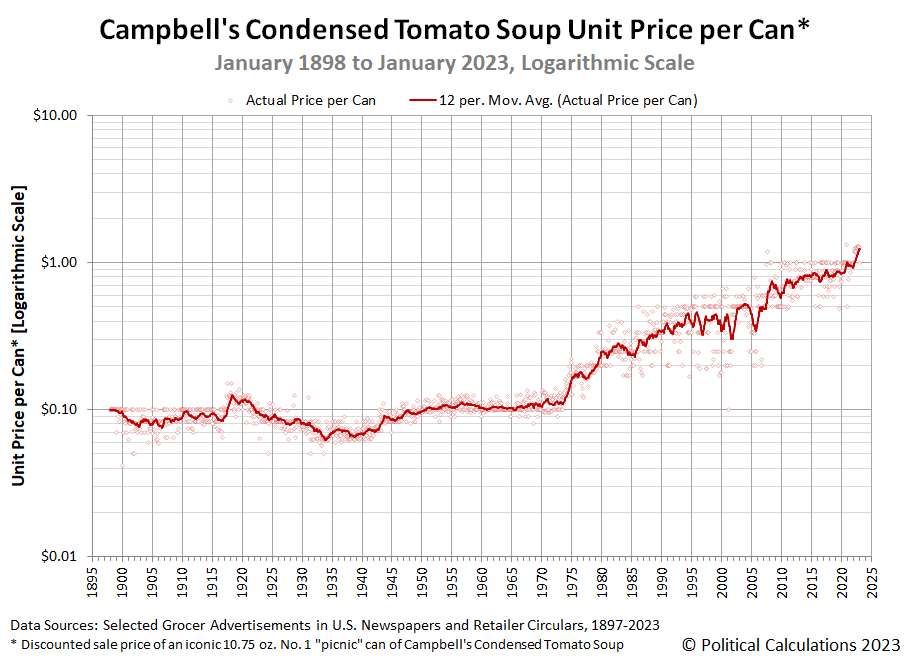Remember when your morning coffee was $2? Now it’s $4, maybe $5 if you’re getting that oat milk latte. Your rent’s up, groceries cost more, and somehow your paycheck feels smaller every month. Welcome to the reality of living in a fiat money system – where inflation isn’t a bug, it’s a feature.
Most people respond to this squeeze by trying to “beat” inflation through investing. They dive into stock research, analyze P/E ratios, read quarterly reports, and basically turn themselves into part-time financial analysts. But here’s the thing: you don’t need to become a Wall Street pro to protect your purchasing power. There’s a simpler way.
The Complexity Trap: When Investing Becomes a Full-Time Job

Traditional investing has become absurdly complicated. To do it “right,” you’re supposed to:
- Analyze financial statements and understand accounting tricks
- Follow earnings calls and decode CEO-speak
- Track industry trends and regulatory changes
- Monitor economic indicators and Fed policy
- Evaluate management teams and competitive moats
- Time your entries and exits perfectly
“Just buy ETFs,” some say. But even that gets complicated fast. Do you want per-country ETFs? Multi-country ETFs? Global ETFs? Emerging markets? Small cap? Large cap? Growth or value? High dividend or reinvestment? And what happens when your ETF provider changes the underlying holdings, or when geopolitical tensions affect your international exposure?
This isn’t investing anymore – it’s a second career. And unless you’re actually a financial professional, you’re competing against people who do this 60+ hours a week with teams of analysts and Bloomberg terminals.
Meanwhile, your coffee keeps getting more expensive. ☕️💸
Simple Beats Sophisticated: The Bitcoin Difference ₿
Bitcoin offers a radically different approach. Instead of trying to pick winning companies, you’re betting on a simple idea: that a scarce, digital asset will hold value better than currencies that governments can print infinitely.

The math is straightforward. Bitcoin has a fixed supply of 21 million coins. Ever. No CEO can decide to issue more shares. No central bank can print more to fund spending. No government can devalue it to boost exports.
Compare this to traditional investing, where you need to trust:
- Company management not to make terrible decisions
- Accounting firms not to cook the books
- Analysts not to have conflicts of interest
- The Fed not to change monetary policy
- Politicians not to pass industry-killing regulations
- Your investing platform not to freeze your account, go bankrupt, or get hacked
With Bitcoin, you trust math and code. That’s it. And unlike traditional investments, you can actually hold your Bitcoin yourself – no need to trust a broker, bank, or platform with your wealth. Your keys, your coins.
Focus on What You Control: Your Craft, Not Market Analysis

Here’s what successful people actually do with their time: they get really, really good at their craft. The best doctors focus on medicine, not stock picking. Top engineers build better products, not investment portfolios. Great teachers inspire students, not analyze quarterly reports.
Your energy is finite. Every hour you spend trying to decode whether Tesla is overvalued is an hour not spent becoming better at what you actually do for a living. And guess what pays better in the long run – being exceptional at your profession, or being mediocre at both your job AND stock analysis?
Keep your money decisions simple: “Do I need to buy this or not?” Focus your analytical energy where it actually matters – in your career, your health, your relationships.
You’re Not a Financial Analyst (And You Don’t Need to Be)
Unless “Financial Analyst” is literally your job title, you shouldn’t be trying to become your household’s CFO. You wouldn’t perform surgery on yourself just because you have access to medical journals. You wouldn’t design your own bridge just because you can Google structural engineering.

So why are you trying to outperform professional investors who have teams, technology, and decades of experience?
The financial industry has convinced regular people that they need to become experts to protect their wealth. This is like McDonald’s convincing you that you need to become a chef to eat well. It’s backwards.
Bitcoin lets you opt out of this game entirely. You don’t need to analyze anything except whether you believe scarce digital assets will outperform infinitely printable government currencies over time. That’s not financial analysis – that’s basic logic.
The Fiat Money Reality: Inflation is Built Into the System

Here’s what nobody tells you about inflation: it’s not an accident. It’s policy.
Since 1971, when the US went off the gold standard, the dollar has lost over 98% of its purchasing power. Your coffee doesn’t cost more because coffee got scarcer – it costs more because dollars got more abundant.
Central banks target 2% inflation annually. That means they’re actively trying to make your money worth less every year. They call this “price stability,” which is like calling a leaky bucket “water management.”
This isn’t some conspiracy theory – it’s openly stated policy. They want inflation because it makes debt cheaper to pay off (great for governments) and forces people to spend rather than save (great for GDP numbers).
But it’s terrible for regular people trying to preserve their purchasing power.
Bitcoin fixes this. While central banks can print unlimited dollars, euros, and yen, nobody can print more Bitcoin. Ever. The code won’t let them.
The Path Forward

Your morning coffee will keep getting more expensive. So will your rent, your groceries, and everything else priced in fiat currency. This isn’t temporary – it’s the system working as designed.
You have two choices:
- Spend your evenings and weekends trying to become a financial analyst, competing against professionals while your actual skills atrophy
- Buy some Bitcoin, focus on your craft, and let math handle the rest
The choice seems obvious when you put it like that.
Your path to wealth doesn’t require becoming someone you’re not. It requires recognizing that simple solutions often beat sophisticated ones, especially when the sophisticated solution is designed to benefit everyone except you.
Keep it simple. Focus on what matters. Let Bitcoin handle the inflation problem while you handle everything else.


